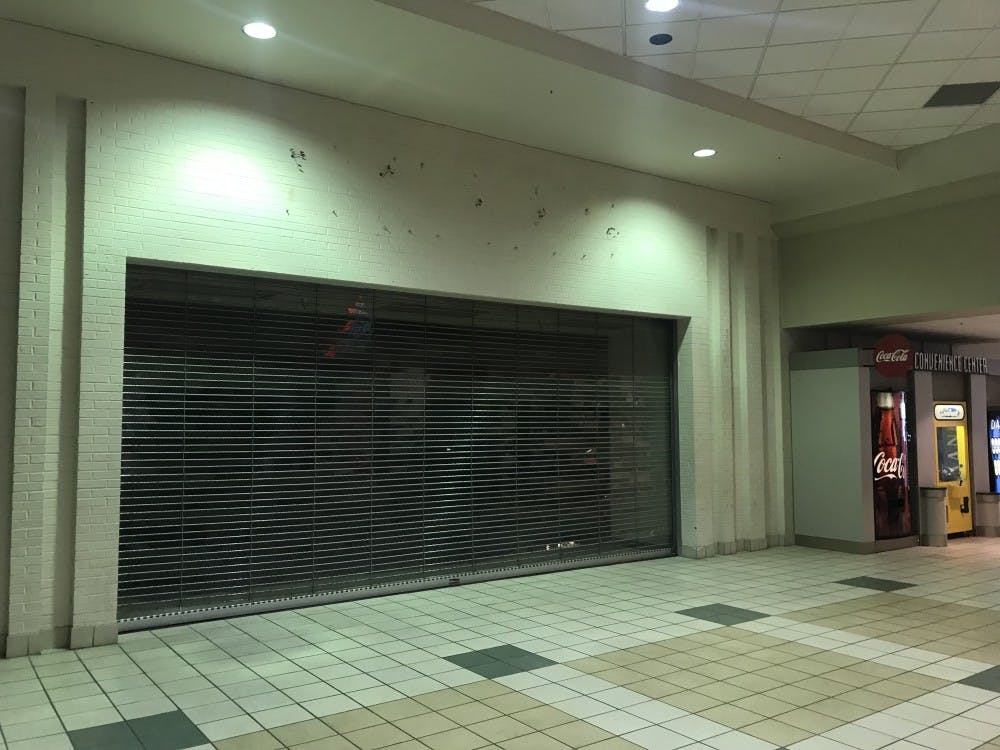Recent trends in higher education culture have forced Ball State to create a task force to evaluate academic rigor at the university.
The academic rigor task force has been in the works of the University Senate since the beginning of the school year and will assess the amount of work that students dedicate to their courses on campus.
"We're trying to define academic rigor, both from a rigor of learning and a rigor of teaching standpoint," task force chairman Malcolm Cairns said. "I think we're going to try to assess whether or not Ball State is a rigorous academic environment or at least see if there are signs one way or the other. I don't know if we're proving anyone's theory or disproving it, we're just kind of exploring the topic and going from there."
Data released by the National Survey of Student Engagement (NSSE) concludes that students today spend much less time studying than students just 30 years ago, yet the mean grade point average has increased, causing university administrators to question the difficulty of courses and test the validity of grade inflation claims.
The task force will not only test academic rigor, but also provide faculty recommendations, inquire about study hours outside of class and the use of extra credit. While the group has Senate support, some within the university are wary of taking the figures too literally considering Ball State's immersive learning programs.
"There is a federal guideline that says that a student must be sitting in a chair for 15 hours in a classroom and doing 30 hours of homework to earn one credit," University Senate Chairman Eric Kelly said. "For a traditional class, that's probably pretty reasonable. And there's language that says, ‘or the substantial equivalent.' The problem is, when we get into things like immersive learning and field study or other nontraditional forms of study, that formula doesn't work very well. And I think a lot of our programs really are more nontraditional."
According to Kelly, one of the reasons for the creation of the task force was so that the university could be proactive about its academic issues instead of having to answer to an outside group later on.
"Someone could come in and just take a bureaucratic approach and says ‘well they're not sitting in a classroom for 15 hours because they're out working on these projects,'" Kelly said. "I think we're a lot better off if we develop our own measures and say, ‘well, no they're not, but he's our substantial equivalent.'"
In addition to what has already been released by the NSSE, surveys published by Ball State have been highlighting similar finds, prompting action from the university.
"One thing that we're going to ask the task force to look at is that our own student surveys tell us that students aren't studying very much," Kelly said. "This is the students telling us that themselves. That's obviously a matter of concern."




